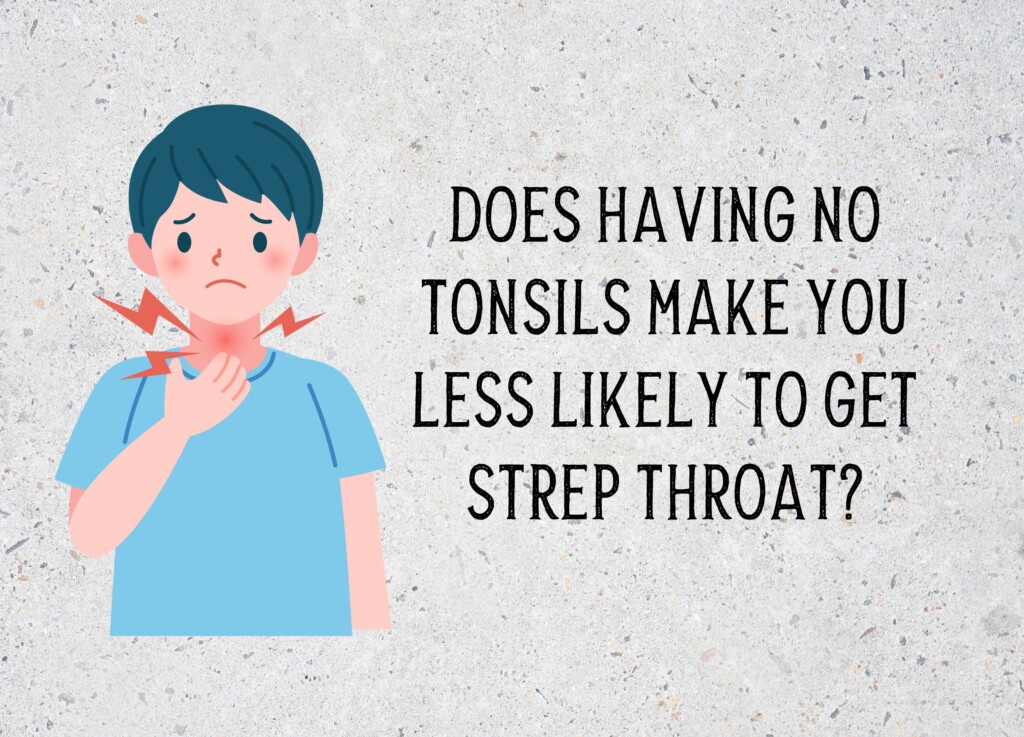The Role of Tonsils in the Body
Tonsils are small, fleshy glands located at the back of the throat. They are part of the lymphatic system and act as a first line of defense against bacteria and viruses that enter the body through the mouth or nose. However, tonsils themselves can become infected, leading to conditions like tonsillitis and, in some cases, strep throat.

The Connection Between Tonsils and Strep Throat
Strep throat is a bacterial infection caused by the Streptococcus pyogenes bacteria. While it can affect anyone, it’s more common in children and teenagers. The tonsils are often the first point of contact for this bacteria, making them susceptible to infection.
The Tonsillectomy Debate
Tonsillectomy, the surgical removal of the tonsils, is sometimes recommended for individuals who experience frequent episodes of tonsillitis or strep throat. The question then arises: does having no tonsils make you less likely to get strep throat?
The Medical Perspective
According to medical research, having no tonsils can reduce the frequency of strep throat episodes for individuals who have a history of recurrent infections. However, it’s essential to note that the absence of tonsils doesn’t make one completely immune to strep throat. The bacteria can still infect the throat tissue, although the likelihood and severity may be reduced.
The Risk Factors
While having no tonsils may reduce the risk of strep throat, other factors like exposure to infected individuals, poor hygiene, and a weakened immune system can still make one susceptible to the infection.
The Surgical Considerations
Tonsillectomy is a surgical procedure with its own set of risks and complications, such as bleeding, infection, and adverse reactions to anesthesia. Therefore, the decision to remove the tonsils should be made carefully, weighing the potential benefits against the risks.
Alternative Treatments
For those who prefer not to undergo surgery, other treatments for recurrent strep throat are available. These include antibiotics, over-the-counter medications, and lifestyle changes like improved hygiene and dietary adjustments.
In summary, having no tonsils may reduce the likelihood of getting strep throat, especially for those with a history of frequent infections. However, it’s not a guaranteed prevention method, and the decision to undergo a tonsillectomy should be made after thorough consultation with healthcare professionals.
As an Amazon Associate we earn from qualifying purchases through some links in our articles.




